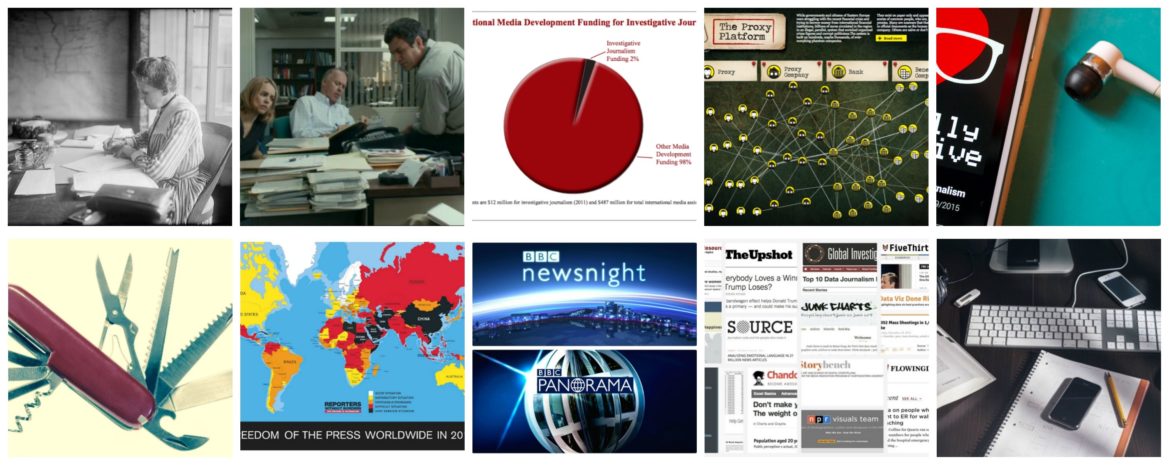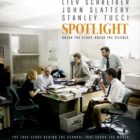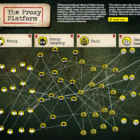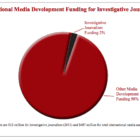

GIJN’s Top Stories of 2016
 What a year… We’ve been Trumped and Brexited, blitzed by bogus news, and fighting to protect good journalism pretty much everywhere. But there were flashes of hope and better days. The Spotlight movie and Panama Papers showed the world what great reporting can do. GIJN itself added 27 new member organizations from 26 countries — more evidence that our profession is alive and doing great stories with better tools in more places than ever before.
What a year… We’ve been Trumped and Brexited, blitzed by bogus news, and fighting to protect good journalism pretty much everywhere. But there were flashes of hope and better days. The Spotlight movie and Panama Papers showed the world what great reporting can do. GIJN itself added 27 new member organizations from 26 countries — more evidence that our profession is alive and doing great stories with better tools in more places than ever before.
As the year draws to a close, we’d like to share the 10 most popular stories on our site that have grabbed the attention of our dear readers. Please join us in taking a look at The Best of GIJN.org in 2016:
How the BBC Abandoned Investigative Reporting
The BBC has more journalists than any other media outlet in Britain, yet it produces shockingly little investigative reporting. Former head of investigations at Newsnight Meirion James details why and how the BBC can get back in the game.
 A Data Journalism Expert’s Personal Toolkit
A Data Journalism Expert’s Personal Toolkit
Data journalist Duc Quang Nguyen shares his favorite tools for data-driven journalism (ddj).
Improve Your Data Literacy: 16 Blogs to Follow in 2016
A curated list of 16 data blogs cobbled together by the School of Data. It includes Nathan Yau’s Flowing Data, FiveThirtyEight and the New York Times’ The Upshot.
 Spotlight: 8 lecciones sobre periodismo de Investigación
Spotlight: 8 lecciones sobre periodismo de Investigación
GIJN director David Kaplan reviews the Oscar-winning film Spotlight to highlight what goes on behind the scenes of muckraking. This post is also available in English.
The Unlikely Journalist Who Dethroned America’s Robber Barons
Veteran journalist Steve Weinberg’s compelling account of muckraker Ida Tarbell, a pioneer of what we now call investigative journalism. Her dogged research helped provide a foundation for anti-trust law and trigger the breakup of Standard Oil.
 Follow the Money: How Open Data and Investigative Journalism Can Beat Corruption
Follow the Money: How Open Data and Investigative Journalism Can Beat Corruption
Paul Radu, director of the Organized Crime and Corruption Reporting Project (OCCRP), argues that fighting future crime will need cross-border co-operation between journalists and programmers, with plenty of advanced data investigative techniques.
RSF’s Press Freedom Index: A Growing Paranoia of Journalism
The 2016 World Press Freedom Index by Reporters without Borders (RSF) showed a “deep and disturbing decline” in respect for press freedom, and “a climate of fear and tension combined with increasing control over newsrooms by governments and private-sector interests.”
 Investigative Journalism & Foreign Aid: A Huge Return on Investment
Investigative Journalism & Foreign Aid: A Huge Return on Investment
GIJN’s David Kaplan and OCCRP’s Drew Sullivan show the extraordinary return for governments who funded watchdog journalism through foreign aid projects — as much as 50,000%. Why then, they ask, isn’t more invested?
The Best Five Podcasts About Data Journalism
Journalist Carla Pedret collected this list of favorite podcasts on data journalism. Among them: Data Stories, Partially Derivative, and What’s The Point.
 The 10 Most-Used Tools in Today’s Newsrooms
The 10 Most-Used Tools in Today’s Newsrooms
From communicating through Slack to consuming tweets on Tweetdeck, here are tools that journalists actually use on a daily basis to get the job done.









